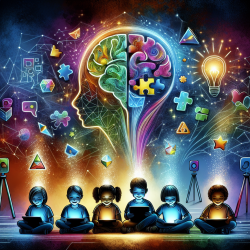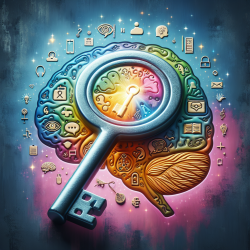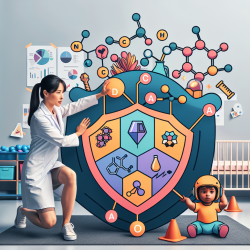Unlock the Secret to Boosting Academic Performance with Life Skills!
As a Special Education Director, you are always on the lookout for effective strategies to enhance students' academic performance. Recent research from the Autonomous Community of Aragon, Spain, has uncovered a significant association between life skills and academic performance in adolescents. This finding presents a unique opportunity for educators and practitioners to integrate life skills training into educational programs, potentially leading to improved academic outcomes.
The Power of Life Skills
Life skills encompass a range of psychosocial abilities that enable individuals to effectively navigate daily challenges. The study identifies three key types of life skills:
- Social Skills: Essential for interacting and relating with others in a respectful and effective manner.
- Cognitive Skills: Involve self-efficacy and the ability to manage diverse situations.
- Affective Skills: Influence subjective wellness, encompassing personal satisfaction and emotional balance.
By nurturing these skills, educators can foster an environment conducive to both academic success and personal development.
Integrating Life Skills into Education
The study highlights the importance of incorporating life skills into educational policies to enhance academic performance and health outcomes. Here's how practitioners can implement these findings:
- Develop Life Skills Programs: Create programs that focus on enhancing social, cognitive, and affective skills.
- Promote Emotional Education: Integrate emotional education into curricula to improve social and affective competencies.
- Encourage Positive Learning Environments: Foster environments that support social and emotional development.
Encouraging Further Research
While the study provides valuable insights, further research is necessary to fully understand the impact of life skills on academic performance. Practitioners are encouraged to explore the following areas:
- Longitudinal Studies: Conduct studies to assess the long-term effects of life skills training on academic performance.
- Comparative Analysis: Compare outcomes between schools that implement life skills programs and those that do not.
- Gender Differences: Investigate the impact of gender on the development and effectiveness of life skills.
Conclusion
The association between life skills and academic performance underscores the need for educational interventions that prioritize the development of these skills. By integrating life skills training into school curricula, educators can not only enhance academic outcomes but also promote overall well-being among students.
To read the original research paper, please follow this link: Association between Life Skills and Academic Performance in Adolescents in the Autonomous Community of Aragon (Spain).










